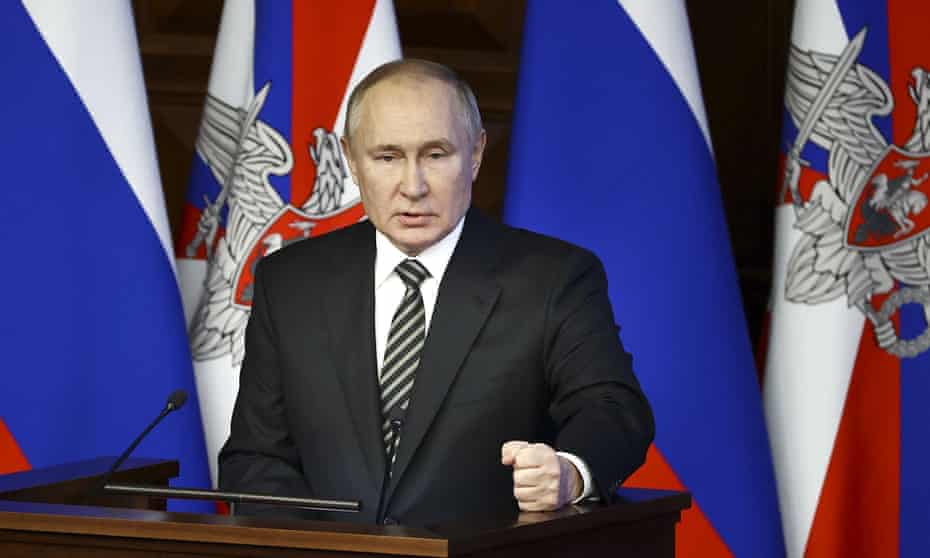President Vladimir Putin said on Thursday that if the West cannot provide definitive evidence that Navalny was poisoned with the nerve agent Novichok, it’s time to move on.
At his annual end-of-year press conference, President Vladimir Putin told assembled media that the Russian prosecutor’s office had not received a single document proving claims that the opposition figure had been poisoned, and that the matter should be deemed closed.
“There’s no need to discuss it.” “Let’s go on,” Putin replied.
Navalny became unwell on a flight from Tomsk to Moscow in August of last year. He was brought to hospital and placed in a coma after a forced emergency landing in Omsk. After his family’s request, he was taken to Berlin and treated at the city’s Charite Clinic a few days later.
Doctors revealed shortly after arriving in Germany that the opposition politician had been poisoned with Novichok.
Navalny claims he was poisoned with the nerve agent on orders from the Kremlin. This accusation was backed up by a combined investigation by Russian-language source The Insider, CNN, Germany’s Der Spiegel, and the US- and UK-state-funded Bellingcat, which claimed the FSB had been following him for years and had attempted to assassinate him.
The opposition politician placed the finger at President Vladimir Putin, accusing him of arranging the assassination. The Kremlin, on the other hand, has denied any knowledge of the scheme and stated that there is no proof to back up the accusation.
According to Moscow, Russian officials have repeatedly requested proof that Navalny was poisoned from the Organization for the Prohibition of Chemical Weapons (OPCW), but have received none.
The Lancet, a respected British medical magazine, released a case report outlining Navalny’s treatment in December, four months after the suspected poisoning.
The opposition activist arrived with a wide range of symptoms, including a sluggish heart rate, hypersalivation, hypothermia, and profuse perspiration, according to the document, which was authored mostly by doctors located at the Charite hospital.
He was discovered to have severe cholinesterase inhibition after laboratory examinations, which was attributed to the Novichok chemical family.
Navalny returned to Russia from Germany in January, knowing that he would be sentenced to prison for breaking the terms of a suspended sentence he received in 2014 after being found guilty of embezzling 30 million rubles ($415,000) from two companies, including the French cosmetics company Yves Rocher. He was given a two-year and eight-month prison sentence.
